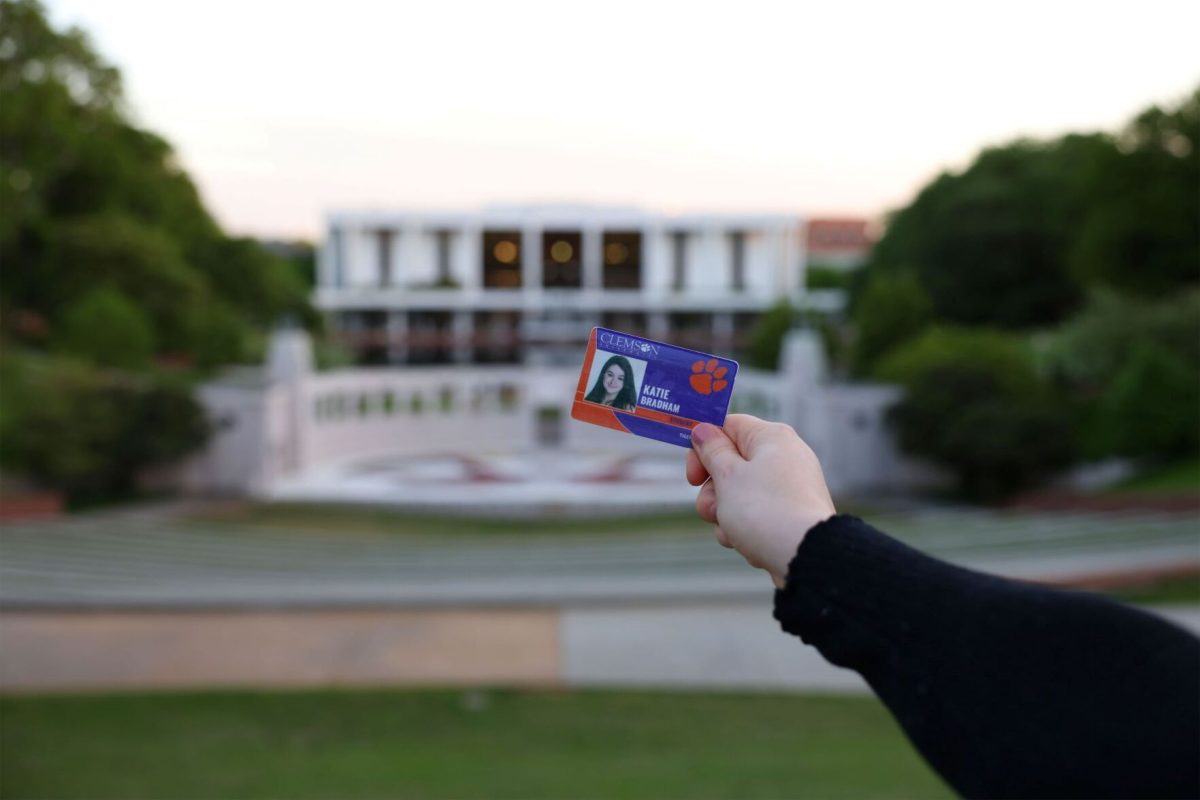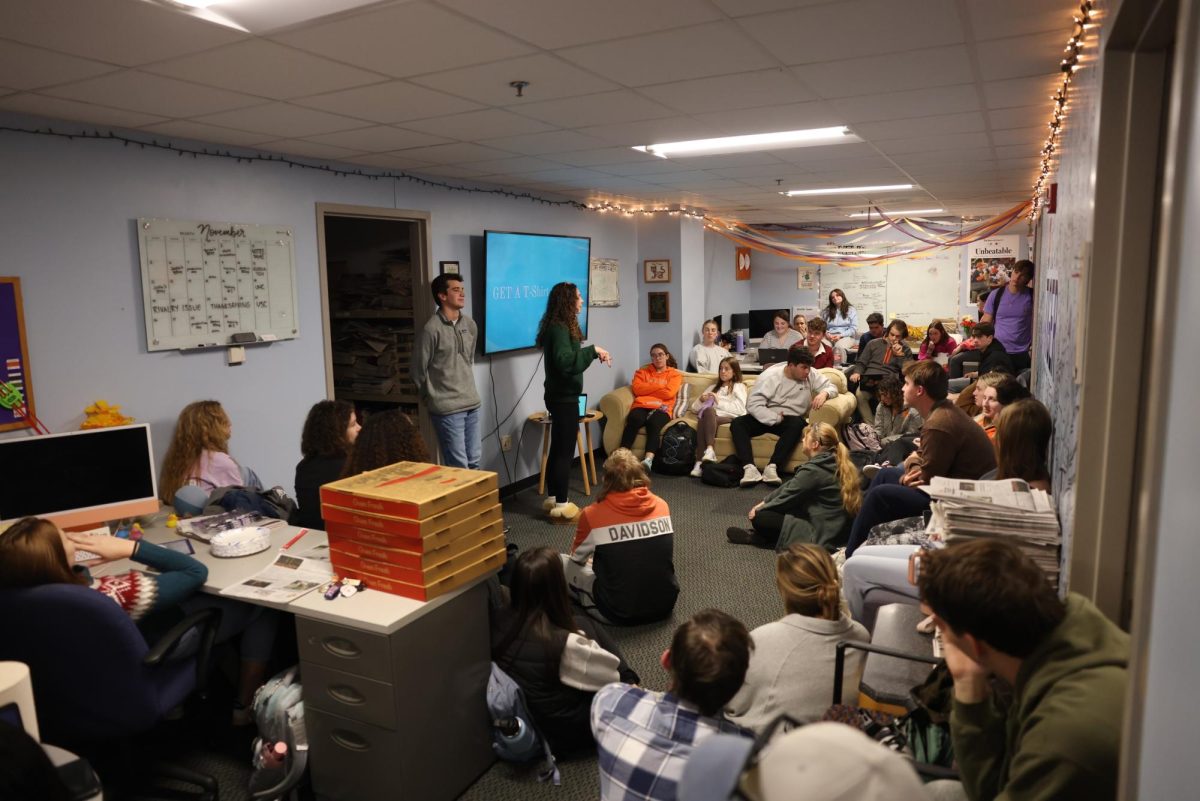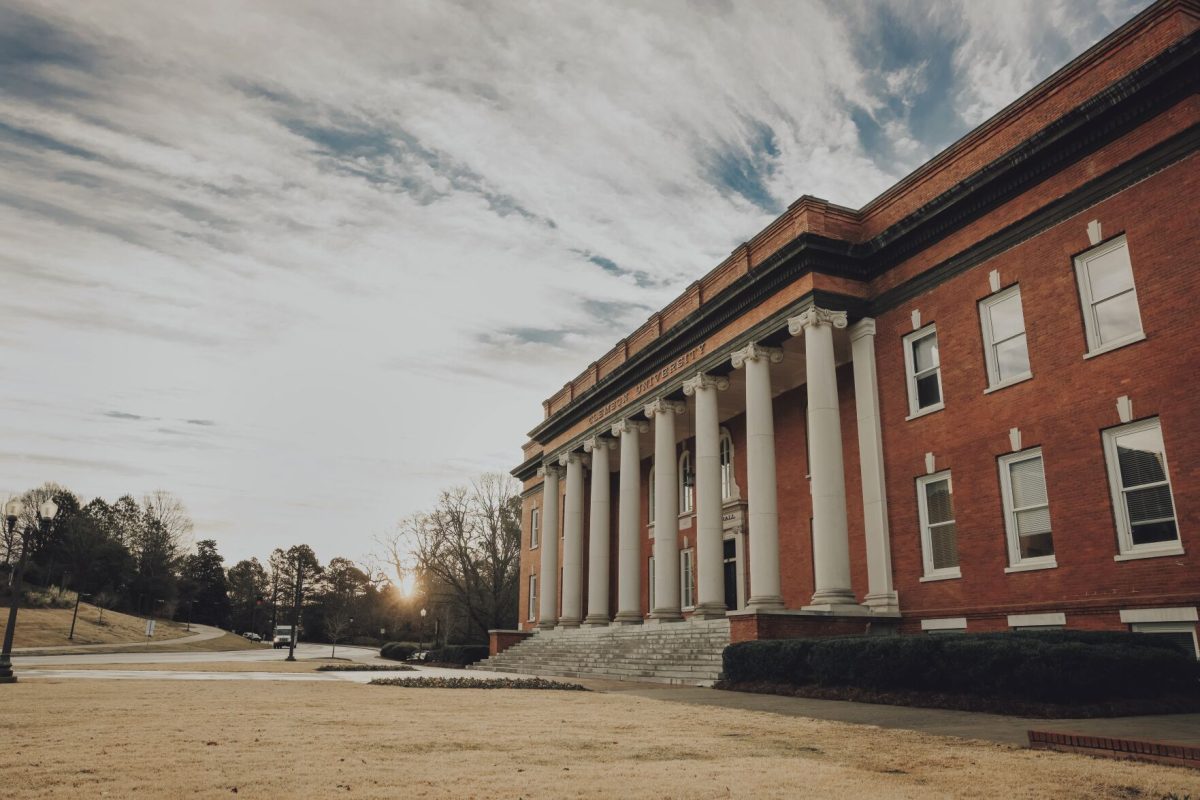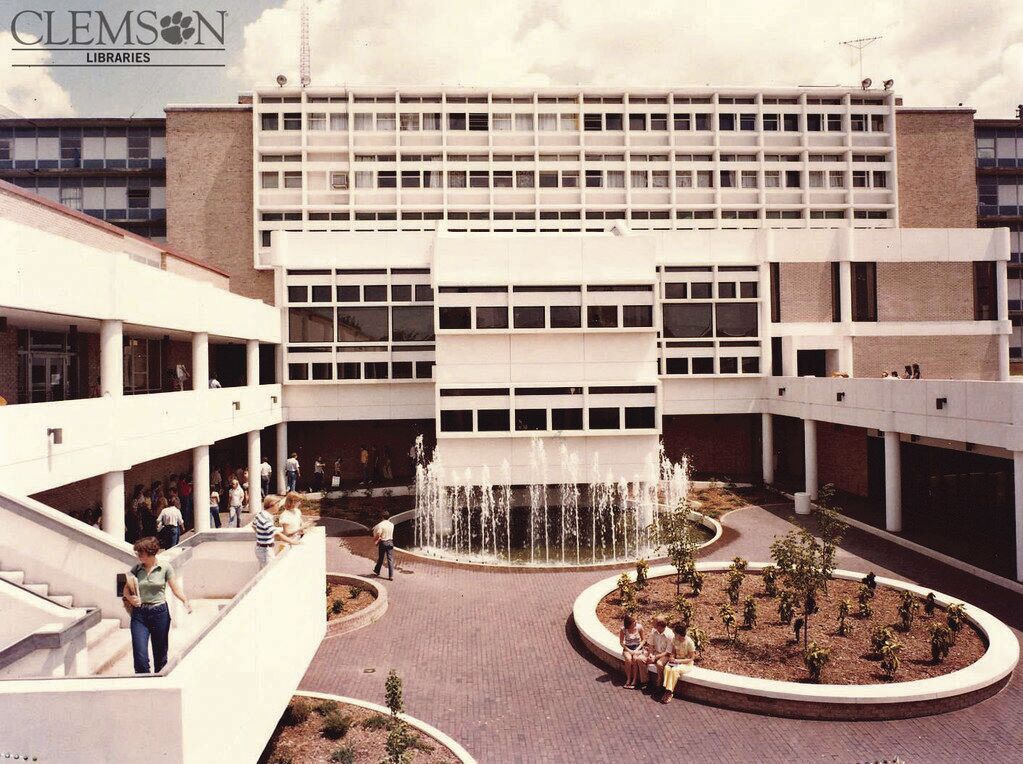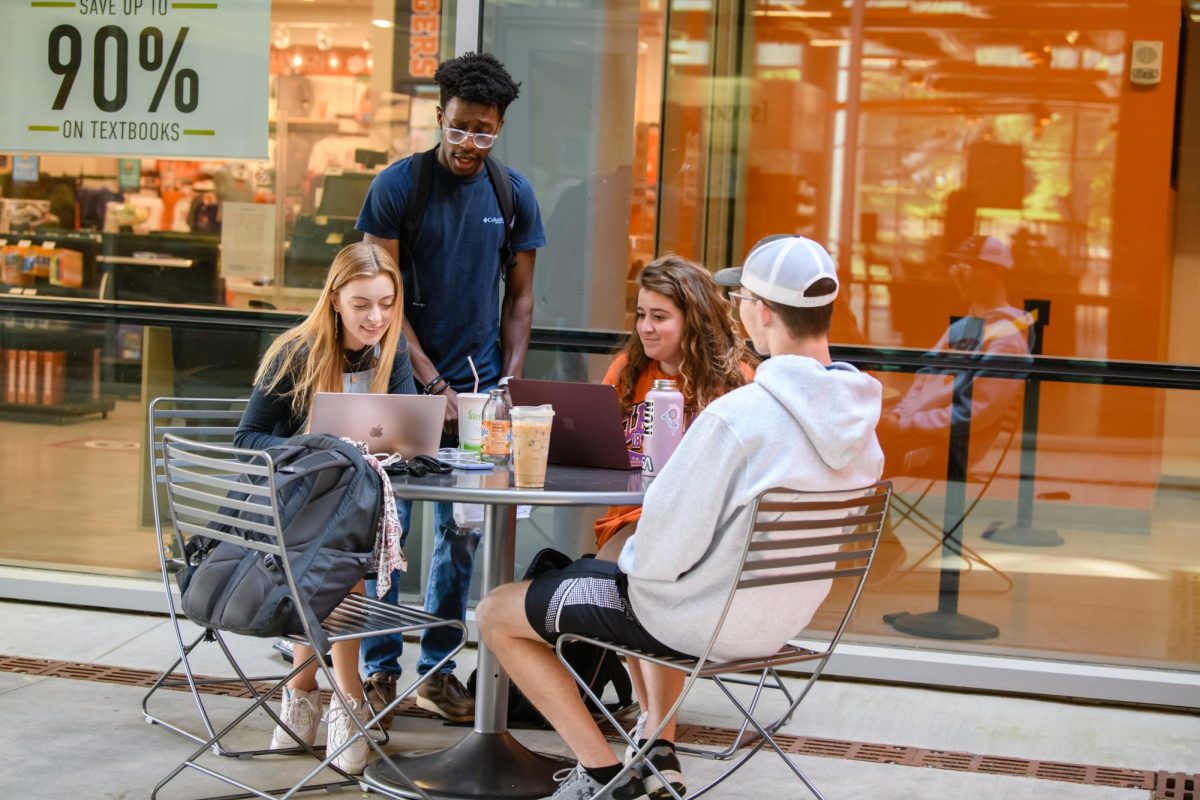Clemson University recently announced to The Tiger that scanning into buildings will be required for the foreseeable future, including Cooper Library and all academic buildings on campus.
Following the outbreak of COVID-19, buildings at Clemson were restricted to students, faculty and staff with a negative test. Prior to the pandemic, most buildings were open to the public, apart from student housing.
However, the closure of Clemson’s public library not only outweighs the security benefits, but damages the collaborative culture that Clemson preaches as center to its character.
The move towards a full implementation of access control is to provide protection for individuals and facilities at Clemson, according to University Police Chief Greg Mullen.
“While access control was important as we navigated through the COVID-19 pandemic, it is just as critical when dealing with daily challenges facing our country related to the threat of targeted violence, disruptive behavior and property destruction,” said Mullen to The Tiger.
One point Mullen emphasizes is that access control can help to delay those who intend on inflicting violence. Although, requiring the perpetrator to scan into a building would be an insufficient deterrent.
In the Virginia Tech shooting, a student opened fire in a residence hall and academic building. Most shootings at universities are isolated to one building or area.
Under present-day restrictions at Clemson, students only have access to the residence halls they live in. With this system, the shooter would have been unable to enter the hall. However, even under this change to access control, the shooter would have had access to the classroom building.
Another point Mullen presents is that disruptive behavior and property destruction is reduced through access control.
Campus buildings continue to be locked outside of business hours to all members of the University to protect valuable equipment. And being a fifth of all crimes at Clemson, theft occurs predominantly outside of business hours, according to the University Police crime log. Crime, then, is unlikely to be deterred by excluding the community onto campus.
The need for access control varies by building type, and it may be necessary to restrict academic buildings to students, faculty and staff in order to promote a safer environment.
The closure of Cooper Library and other Clemson University locations providing beneficial resources is a disservice to the surrounding community.
Clemson University has an imperative as the largest public academic institution in Upstate South Carolina to support to the surrounding area. Locking the doors to community members seeking to utilize public resources is a step too far.
“The implementation of physical access controls must be balanced with the university’s value of being an open and welcoming place to study, teach, research, and collaborate,” reads the University’s access control policy in 2015.
Excluding the public from Clemson University’s libraries under these restrictions goes directly against the goal of being “open and welcoming”. The message presented through these restrictions is that if you’re on the other side of the glass, you are not a part of the Clemson Family.
Editorial: Reopen Clemson’s libraries to the public
The Tiger Editorial Board
April 28, 2022
This editorial is the collective opinion of The Tiger’s Editorial Board, a group of representatives for The Tiger. The group is made up of the executive editors and Outlook leadership. We meet every other week to discuss topics relevant to the Clemson community and broader topics from around the country.
0
Donate to The Tiger
Your donation will support the student journalists of Clemson University. Your contribution will allow us to purchase equipment and cover our annual website hosting costs.
More to Discover



